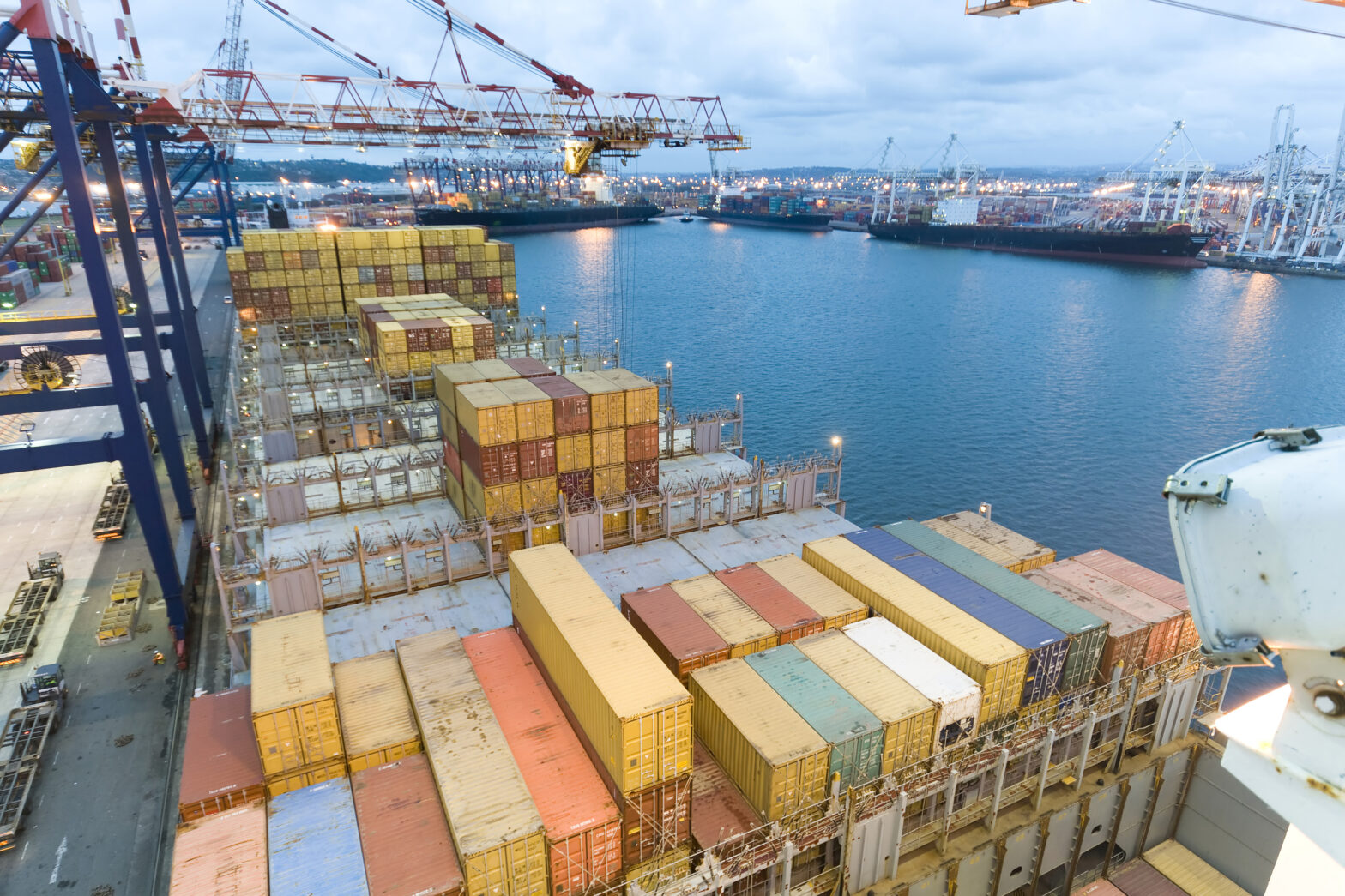Since the final Brexit deadline on December 31, businesses across the UK have had to quickly become familiar with the new trade deal and adapt their supply chain accordingly.
Unsurprisingly, this has not been without disruption.
With a shortage of trucks and hauliers available to transport goods across the border and gaps in understanding of the new legislation across the supply chain, the first two months following Brexit have proven incredibly challenging for many British businesses.
>See also: Half of small business exporters struggling with new rules post Brexit
At Origin, we import some of the parts used to manufacture our aluminium doors and windows from the EU, so access to these materials was our primary concern following the announcement of the deal. Like many businesses, we had plans in place for a host of possible scenarios in anticipation of this, many of which have proven invaluable in the months following the deadline.
However, as Covid-19 taught us in 2020, it’s impossible to prepare for all eventualities, and we have found ourselves having to quickly pivot operations in some areas of the business in order to adapt to the impacts of Brexit that we hadn’t anticipated.
‘The first two months following Brexit have proven incredibly challenging for many British businesses’
Here, I explore some of our key learnings and share my advice for avoiding disruption in your supply chain as businesses across the UK and the EU continue to adjust to the new Brexit rules and regulations.
#1 – Educate yourself and your team
My number one piece of advice to other businesses who import and export to the EU, particularly those that didn’t feel prepared for the deal, is to learn everything there is to know about the new legislation and how it impacts your organisation, as soon as possible. It’s vital to study every element of the deal that could be relevant to your business, from new customs rules, through to your staff’s right to work, and should you employ any EU citizens.
It will be essential that your whole workforce understands the new requirements, so invest in training for the entire team, not just the senior leadership figures who have direct contact with your suppliers. There is plenty of support and advice out there for those who need it, including specialist consultancies and trainers who can coach you and your team to ensure you have the necessary knowledge to navigate international trade moving forwards.
>See also: Fashion industry struggles for survival due to post-Brexit red tape
#2 – Coach your suppliers
Once you are armed with the knowledge you need, take responsibility for coaching each of your suppliers to ensure they have an equally good understanding of the new trade rules and what is required of them. This can be easy to overlook when you are focussing on familiarising yourself and your workforce with the new regulations, but it’s vital.
In fact, a lack of understanding about the new legislation amongst our EU suppliers is one of the key challenges that we have faced in the months following Brexit, and one that we had not anticipated. For us, like many businesses, this slowed the process down and exasperated delays that we were already experiencing due to the disruption caused by Brexit.
Working closely with your suppliers to ensure they have a good level of knowledge about the new processes will be effective in protecting your organisation against challenges of this kind. Training should be thorough and cover everything from pallet markings to documentation. Whilst this will require an investment in time and resource in the short-term, it will prove invaluable in preventing damaging delays in your supply chain later down the line.
#3 – Carry out a full supplier audit
If you import from the EU, you can also use the process of coaching your suppliers as an opportunity to carry out a thorough audit of each of the businesses you work with. This will allow you to identify any potential weaknesses that could lead to delays further down the line. Once identified, you can focus on stocking up on the products from those suppliers that you anticipate could cause hold ups in the future to ensure you are protected against this.
#4 – Make contingency plans for transport
In addition to disruption caused by suppliers, an immediate and severe shortage of containers and hauliers in the weeks following the deadline caught many businesses by surprise and caused disruption for thousands of organisations. Whilst this issue is beginning to ease, the availability of transport isn’t yet back to pre-Brexit levels, so it’s important to keep contingency plans in place. For my company Origin, this means being prepared to pay premium rates for transport in the short term if necessary. We have also developed plans to book our own transport, or even hire trucks and send our own team across the border, should this be required.
#5 – Stockpile materials
The experiences of the pandemic taught us a valuable lesson in the importance of stockpiling raw materials in order to weather Brexit disruption in the supply chain and be able to continue to deliver to our customers on time and in full. This was a practice that we continued in the face of Brexit uncertainty. For Origin, our primary objective is always to support our customers, so they never miss an install day and this investment in additional stock proved vital in allowing us to do this during the first few tumultuous weeks following the Brexit deadline.
While the initial delays caused by Brexit may be easing, a huge amount of uncertainty remains for those importing and exporting from the EU, as Covid-19 travel restrictions and vaccine disparities remain in place. It will be important for all businesses to maintain a buffer of stock for some time if they are able to. Of course, there are some businesses that this doesn’t apply to, such as fashion brands whose stock becomes obsolete quickly. However, for those businesses that have a stable range of products and the funds available, there is no better way to invest right now than by creating a buffer of stock that can act as a safety net for future unanticipated challenges.
Daniel Baker is managing director at Origin, a manufacturer of aluminium doors and windows





